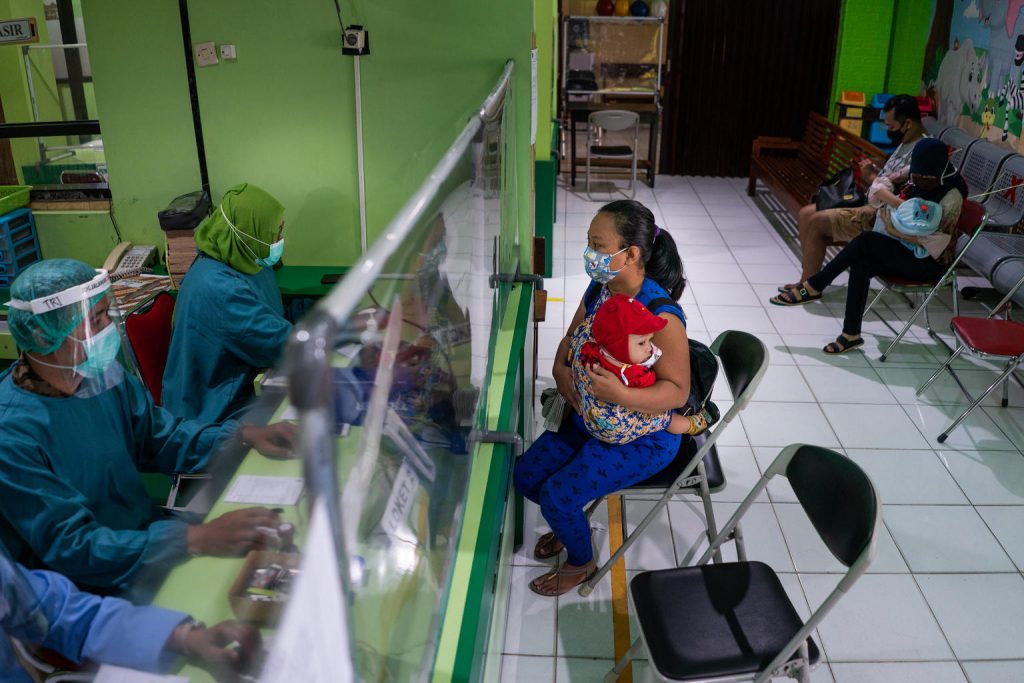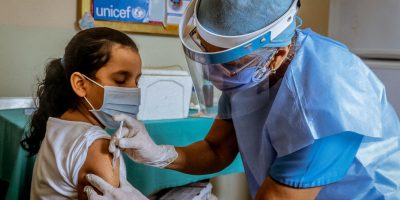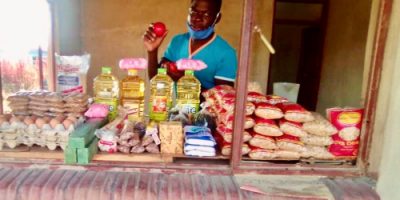In the absence of a vaccine or effective treatment for COVID-19, many countries have implemented widespread containment measures ranging for example from nearly complete lockdowns, travel restrictions and/or school and workplace closure. These measures have substantially impacted on people’s daily lives and highlighted the extent to which acceptability and uptake depend on individuals’ and community’s perceptions, socioeconomic realities, cultural logics and politics. As COVID-19 continues to unfold, and peoples’ resilience and perception changes, it is more important than ever to make sure that measures are locally appropriate and protect those with the highest risk of infection and the broader impacts of the responses to COVID-19.
Social science research and analysis provides valuable insights into the culture, practices and experiences of communities affected by the outbreak. It can for example contribute to a better understanding of local perceptions of the disease, the acceptance of public health measures, trust in public authorities or how traditional beliefs impact on healthcare seeking behaviour.
Since the Ebola outbreak in West Africa (2014-16) there has been increased recognition of the value of using social science research and analysis to prepare for and respond to infectious disease outbreaks. As a result, social scientists, policymakers, governments and international and national responders have markedly increased their support to inform initiatives at national and global level which contribute to outbreak-relevant discussions and strategies.
Shaping the discourse
It is evident that the Ebola epidemic and COVID-19 pandemic have laid bare the fragility of our world. It is also very clear that epidemics and pandemics are not merely ‘health’ crises, they are social, political, and economic. Countries affected by structural inequality, poverty, conflict, natural disasters and/or ongoing diseases outbreaks can create specific challenges to effectively respond to public health emergencies – overstretching communities, governments and response actors. In such contexts, it can also be challenging to conduct and use social science analysis to understand the immediate and secondary health, social, economic and political impacts.
Social scientists and policymakers recognise the importance of strong exchanges of knowledge and learning between global and country social science networks. They are absolutely vital to draw upon the deep knowledge and expertise to shape responses at the local to global levels, and all that falls in between. Global platforms such as Social Science in Humanitarian Action Platform (SSHAP), Global Outbreak Alert and Response Network (GOARN), Social Science Analysis Cell (CASS) and the Ebola Response Anthropology Platform have all played significant roles in responding to emergencies and influencing humanitarian and policy actors, such as the World Health Organisation. Groups such as the WHO Research Roadmap Social Science Working Group and the Analytics for Operations Working Group (AfO) have also been key in contributing to the knowledge exchange between networks and subsequently to the wider discourse on the need for social science evidence in emergencies.
What makes evidence useable in 2020?
The Analytics for Operations Working Group (OSSRWG) is composed of researchers from academic institutions, non-governmental organisations and UN agencies who are directly working in operational research in humanitarian settings in LMIC. The AfO aims to provide and facilitate better access to tools, guidance, lessons learned and technical support on using integrated, social sciences research and evidence to inform outbreak response in humanitarian settings. The group was set up to provide a global model reflecting the in-country Social Sciences Analytics Cell (CASS) in DRC.
While the AfO Working Group acknowledges the increased support to social science research and analysis, the members’ practical experience also demonstrates that there are still substantial challenges in ensuring the systematic uptake of social science research findings in emergencies. These challenges can be linked to making social science findings practical for local responders, doubts around the trustworthiness of social science data compared to for example epidemiological analysis or the perception that it’s mainly the social scientist’s responsibility to ensure the use of findings and create impact. Raising the legitimacy of social science requires however a broader buy-in, investment and flexible ways of working,
The AfO membership have therefore collaborated to identify and agree what makes evidence usable and useful for crisis affected people and those involved in the operational response to public health emergencies. The guidance brief outlines a number of key steps to make evidence useable:
- Know and engage your stakeholders from the very start of planning research
- Conduct relevant, well-organised, transparent research that ensures inclusivity and diversity
- Triangulate with data collected with multiple methods and /or from other disciplines
- Report your findings in a timely and accessible way, tailored for different audiences
- Promote and reinforce an evidence-driven system/ culture in response teams
The guidance further illustrates concrete examples and provides links to tools to help generating and presenting robust, credible, and trustworthy social sciences evidence to inform and improve public health responses. The presence of AfO and other networks cannot be underestimated. They provide a space for response actors and social scientists to jointly define research priorities, reflect on challenges and identify solutions to better apply social science research in emergencies. The social science evidence is there, and at times of crises and humanitarian emergencies it is critical to invest in research and use that knowledge and expertise to influence and shape the experiences and decisions of all those living through it.
The full AfO Brief can be accessed here.





